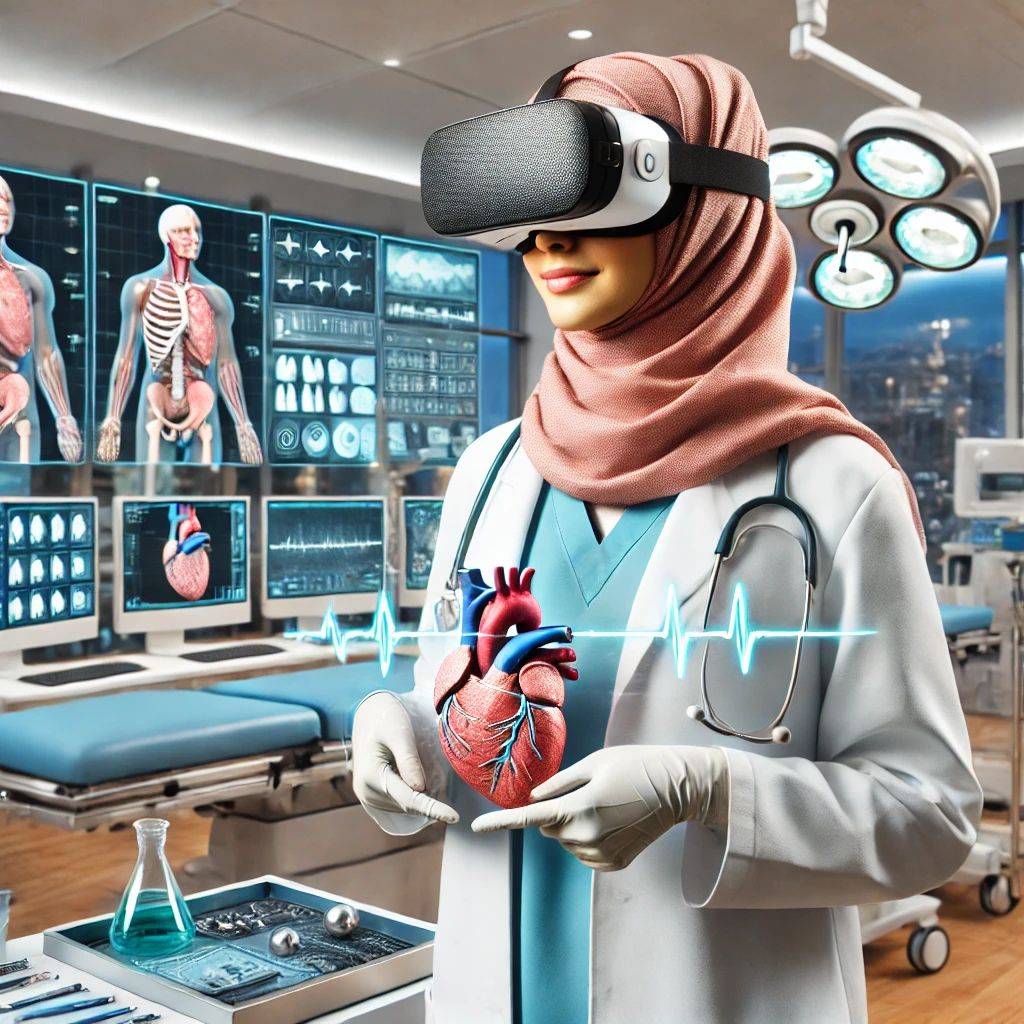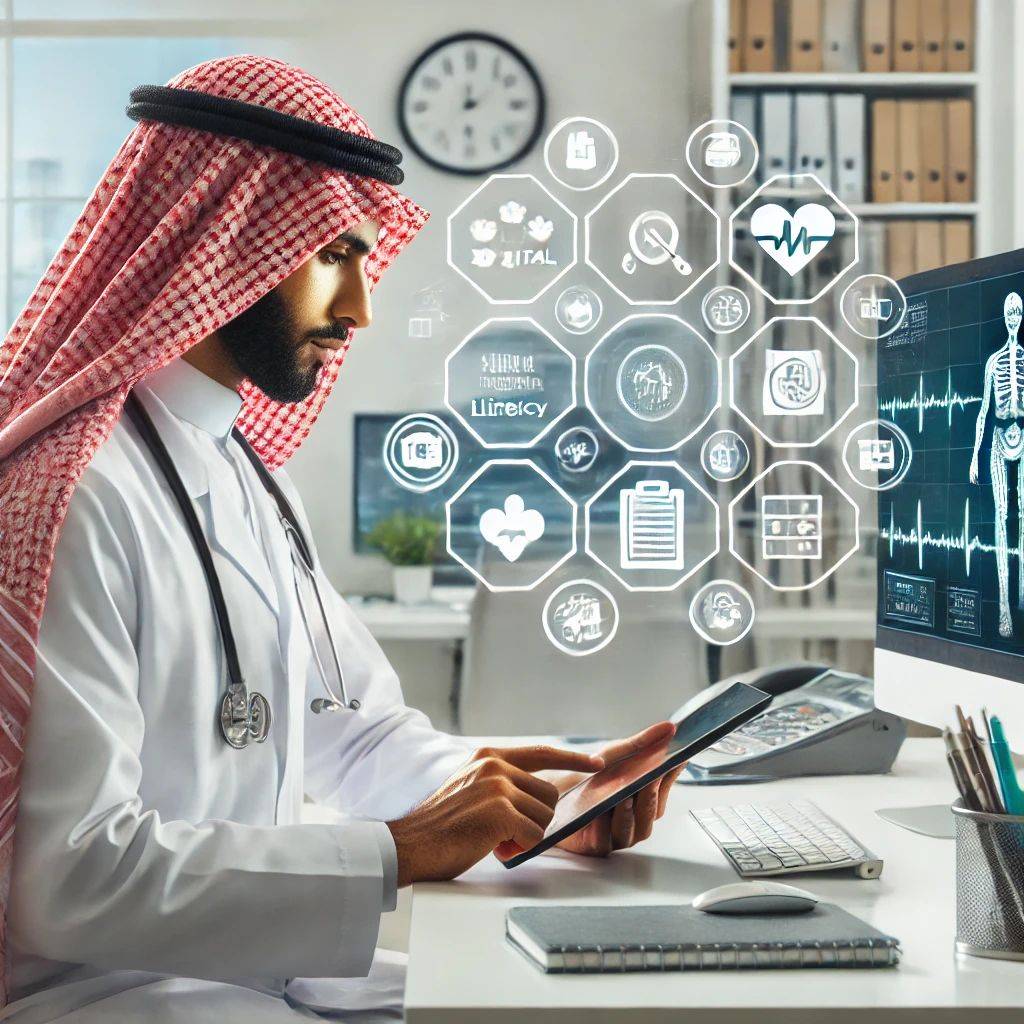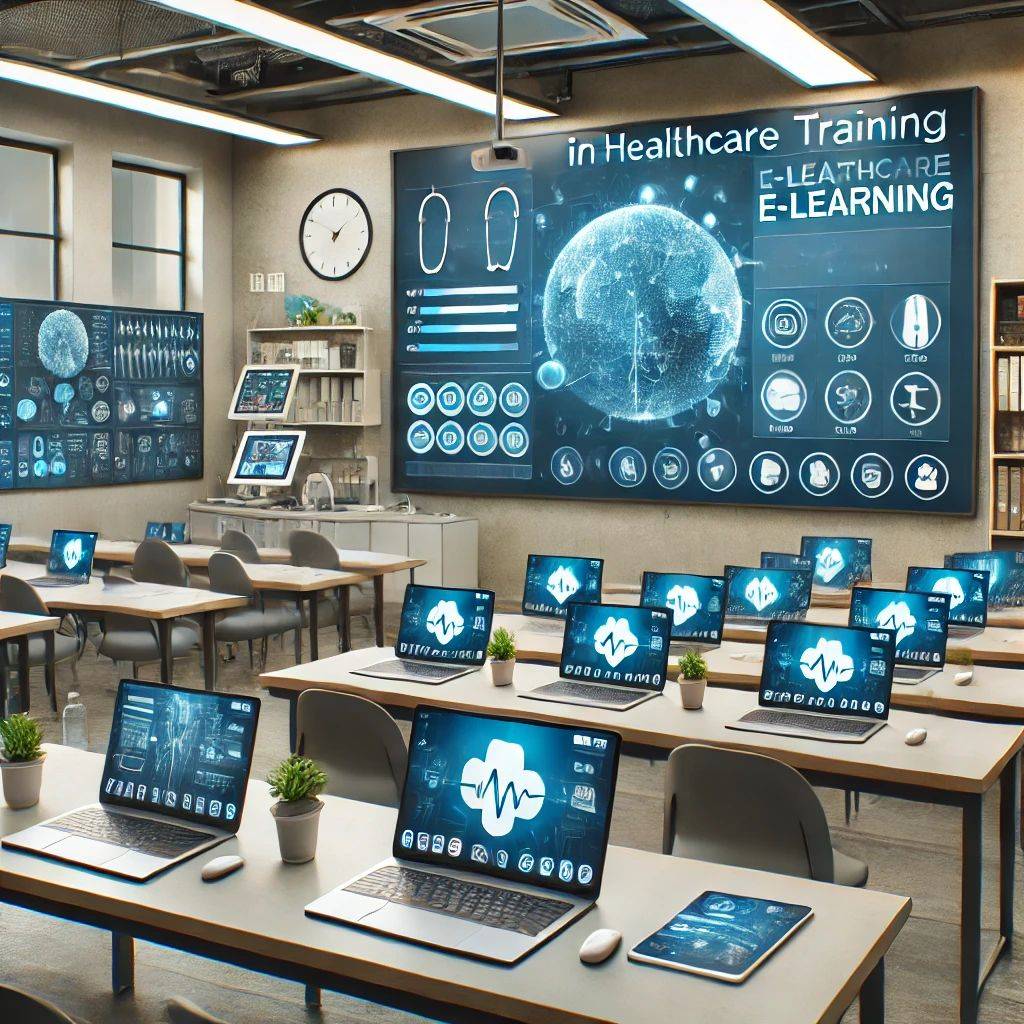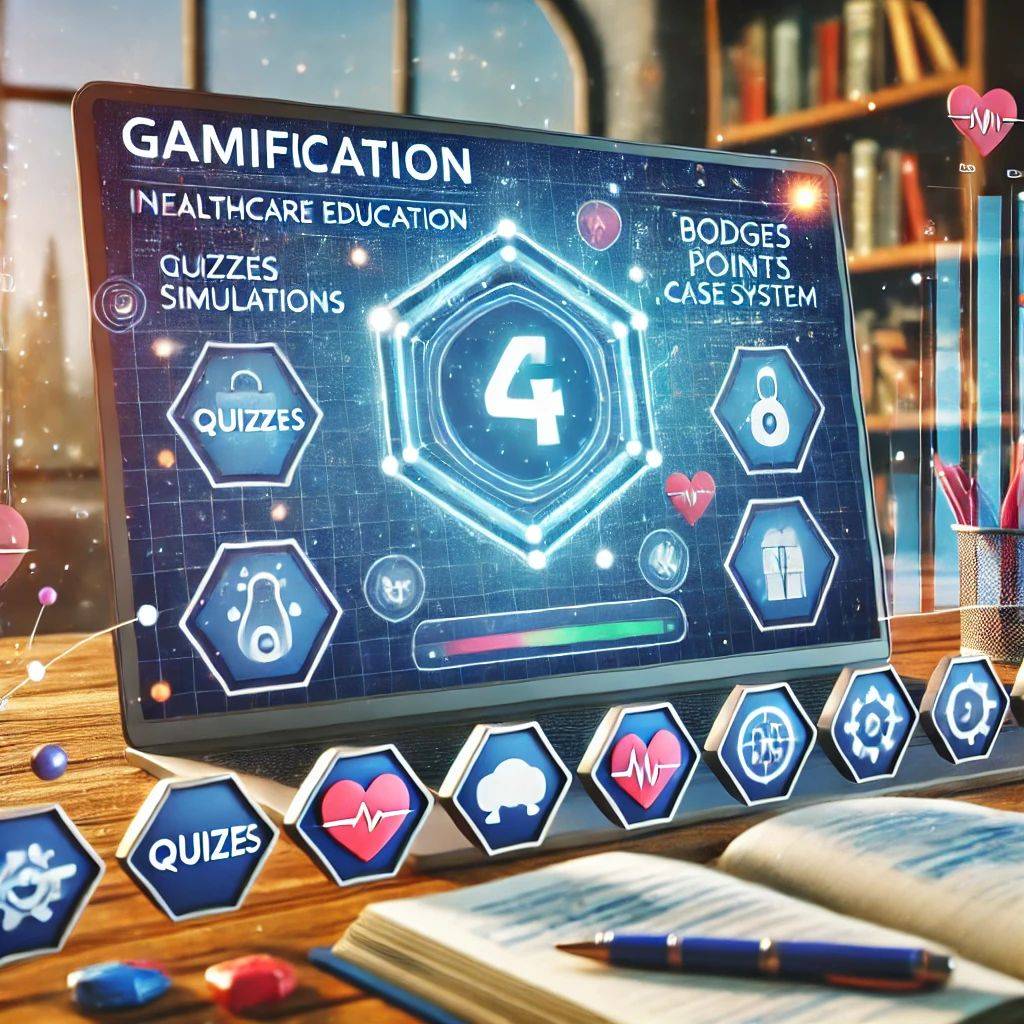How to Ace Your Interview During Residency Application

Securing a residency position is a critical step in your medical career, and the interview is your chance to make a lasting impression. Here are some key strategies to help you ace your residency interview and stand out among the competition.
Know Your Application Inside Out
Before your interview, review your application thoroughly. Be prepared to discuss any aspect of it, including your personal statement, research experiences, clinical rotations, and extracurricular activities. Reflect on your achievements and be ready to explain how they have prepared you for a residency in your chosen specialty.
Research the Program
Virtual Reality in Medical Training: A Game Changer?

Virtual Reality (VR) is revolutionizing medical training, offering immersive experiences that traditional methods simply cannot match. Through VR, medical students can practice procedures in a risk-free environment, enhancing their skills and confidence without the need for real patients. For instance, VR simulations allow students to perform surgeries, honing their techniques in a realistic yet controlled setting. This hands-on practice is invaluable, as it bridges the gap between theoretical knowledge and practical application.
Essential Skills for Healthcare Professionals in the Digital Age

In today’s digital age, healthcare professionals must acquire new skills to stay relevant and effective in their roles. Key among these are digital literacy, data analysis, and telemedicine proficiency. These skills are essential for navigating the increasingly complex and technology-driven healthcare landscape.
Designing Effective E-Learning Modules for Healthcare Training

Creating effective e-learning modules for healthcare training involves several best practices that ensure the content is engaging, accessible, and educational. With the rise of online learning, it’s crucial to design modules that cater to the needs of healthcare professionals and students.
How Gamification is Revolutionizing Healthcare Education

Gamification is revolutionizing healthcare education by making learning more engaging, interactive, and enjoyable. By incorporating game elements such as points, badges, and leaderboards into educational activities, gamification motivates students to participate actively and enhances their retention of information.
Integrating Telemedicine into Healthcare Education

Telemedicine is becoming an integral part of healthcare education, preparing students for the future of patient care. As telehealth technologies continue to advance, training programs must include telemedicine modules to ensure students are proficient in conducting virtual consultations and managing remote patient care.
